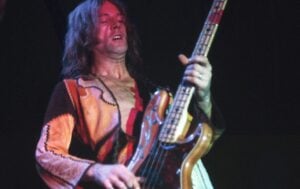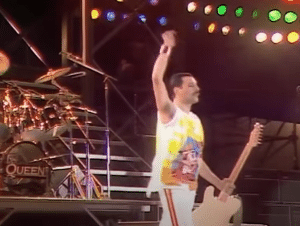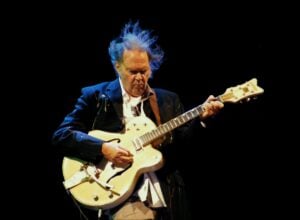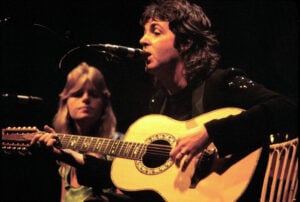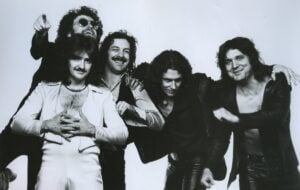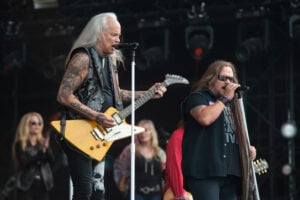Why This Beatles Song Was Banned — Lennon Thought the Reason Was ‘Crazy’

via The Beatles / YouTube
Controversy Follows the Beatles
The Beatles often found themselves caught in controversy, especially after John Lennon’s 1966 comment that they were “more popular than Jesus.” The remark sparked outrage in the U.S., especially among Christian communities, and became one of the reasons the band stopped touring later that year.
Over time, their bold lyrics led to some of their songs being banned from radio play. The BBC blocked “A Day in the Life” because of supposed drug references, and “The Ballad of John and Yoko” was banned by several U.S. stations due to its religious mention. Even after the band split in 1970, the controversy continued during their solo careers. Paul McCartney’s song with Wings, “Hi, Hi, Hi,” was pulled by the BBC over lyrics that hinted at sex and drugs.
View this post on Instagram
‘Happiness Is a Warm Gun’ and Its Origins
One of the most debated Beatles songs was “Happiness Is a Warm Gun,” written by Lennon and released on 1968’s White Album. Though credited to Lennon-McCartney, the song was entirely John’s creation. He got the title from a headline in a 1968 issue of American Rifleman, a magazine put out by the NRA. The article was about a man teaching his son how to shoot.
Lennon found the phrase striking and said, “I just thought it was a fantastic, insane thing to say. A warm gun means you just shot something.” He used that odd phrase to build the song, merging three unrelated song sections into one track that explored different thoughts and moods.
Why the Song Was Banned
The song drew attention for more than its structure. Some thought the lyrics pointed to drug use and sexual themes. Lines like “I need a fix” led many to believe Lennon was referring to heroin. The title itself was also seen as a metaphor for sex, specifically his feelings toward Yoko Ono.
Because of those interpretations, the BBC and some commercial stations refused to play it. Lennon later explained, “‘Happiness Is A Warm Gun’ was another one which was banned on the radio – they said it was about shooting up drugs. But they were advertising guns and I thought it was so crazy that I made a song out of it. It wasn’t about ‘H’ (heroin) at all.”
Lennon Defends the Lyrics
Other lyrics, such as “Mother Superior jumped the gun,” were rooted in Lennon’s relationship with Yoko. He admitted the sexual tone of the song but said he wasn’t trying to hide it. “Oh, well, by then I’m into double meanings,” he said. “The initial inspiration was from the magazine cover. But that was the beginning of my relationship with Yoko and I was very sexually oriented then. When we weren’t in the studio, we were in bed.”
Despite the ban, the song was praised by critics and loved by the other Beatles. All four called it their favorite track on The White Album. A Record Mirror review called it “a serene ballad, but is soon taken over in the true vein of this foremost stylist.”
Legacy of the Song
Over the years, “Happiness Is a Warm Gun” gained recognition for its complexity and message. Tori Amos once said, “The Beatles had the ability to make you think about the world, not just your own little world. They could put the microcosm and macrocosm in the same song. They sang of drugs and guns without telling me what to feel about it. That’s genius.”





